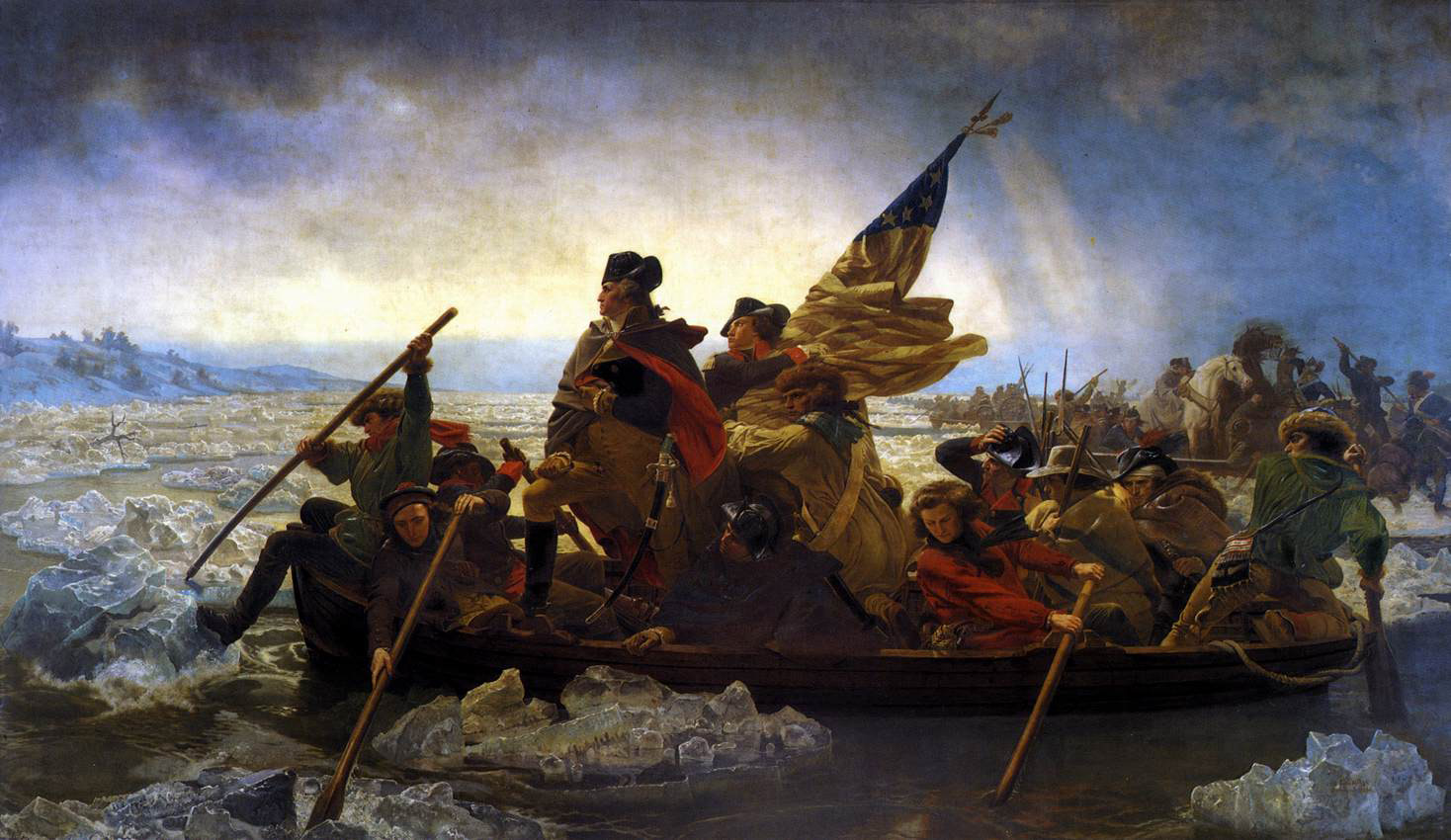Burton Weltman
In approaching history as a process of people making choices, I think it is important to distinguish between questioning, criticizing and condemning people and events. To question is not necessarily to criticize. To criticize is not necessarily to condemn. And to condemn in part is not necessarily to condemn in whole. These are distinctions that we make in our own lives and that are applicable to history as well.
Questioning is an almost automatic human response. We are constantly evaluating and reevaluating things we have done, things other people have done, and things in general all around us. Whether it’s a businessperson evaluating a sales campaign, a government official evaluating a public policy, or a Little League coach evaluating a strategic move, we are continually looking at decisions we have made and asking whether we could have done better.
But to question is not necessarily to criticize. Your answer may be that the decision being questioned was right or was at least the best choice under the circumstances. Questioning a decision is a way of clarifying the situation so that you can either reinforce your initial decision or revise it if necessary. As such, in asking historical questions such as “Was the American Revolution a mistake,” a question that George Washington among others repeatedly asked in the aftermath of the Revolution, you are not necessarily saying that it was a mistake. Your answer may be, as Washington’s ultimately was, “No, it was the right thing to do.”
Criticizing is not the same thing as condemning. To criticize something as a mistake is not to condemn it or the people who supported it as bad or evil. We all make mistakes, sometimes even when we have the best intentions, the best available information, and the greatest decision-making skills. As such, if you were to decide, as many of the Founders did, that the American Revolution was in some respects or even entirely a mistake, you would not necessarily be condemning the Revolution or the Revolutionaries. The Founders could have been mistaken in making the Revolution or in some aspects of making the Revolution, as Washington among other Founders sometimes thought, but could still have been good people trying to do a good thing.
You can condemn something or someone in part without condemning the thing or the person entirely. That is, a person might do something bad or evil without being a bad or evil person. Many Founders, for example, supported the American Revolution because they were afraid that Britain was moving toward abolishing slavery in the colonies as it had already been abolished in England. In the opinion of almost everyone now and most people during the Revolution (don’t forget, as most textbooks do, to include the slaves when you total up the “people” during the Revolution), slavery was evil and supporting slavery was evil. But that doesn’t mean that everything slave owners such as Thomas Jefferson did was evil or that they were evil people.
What do you think?
